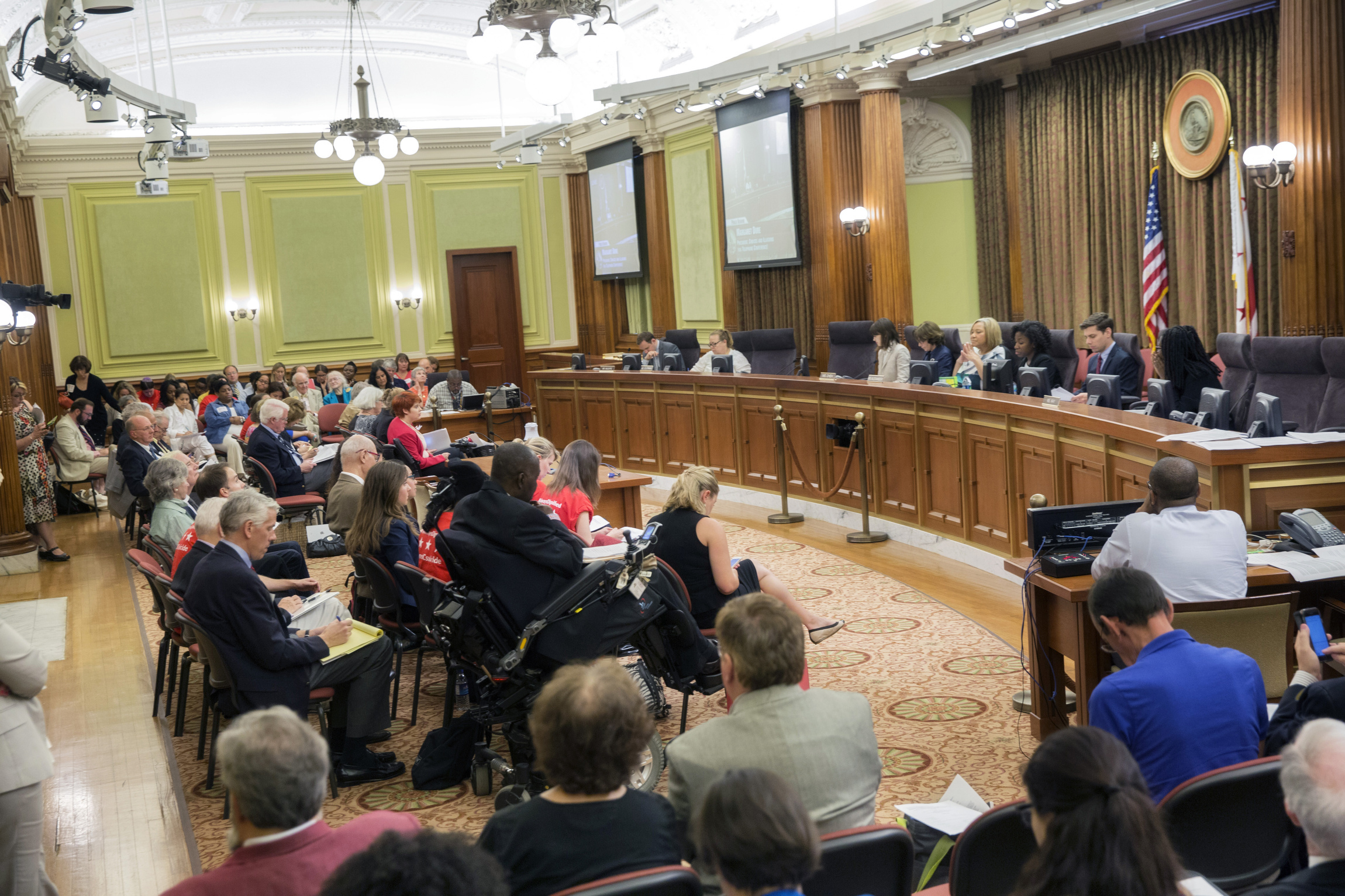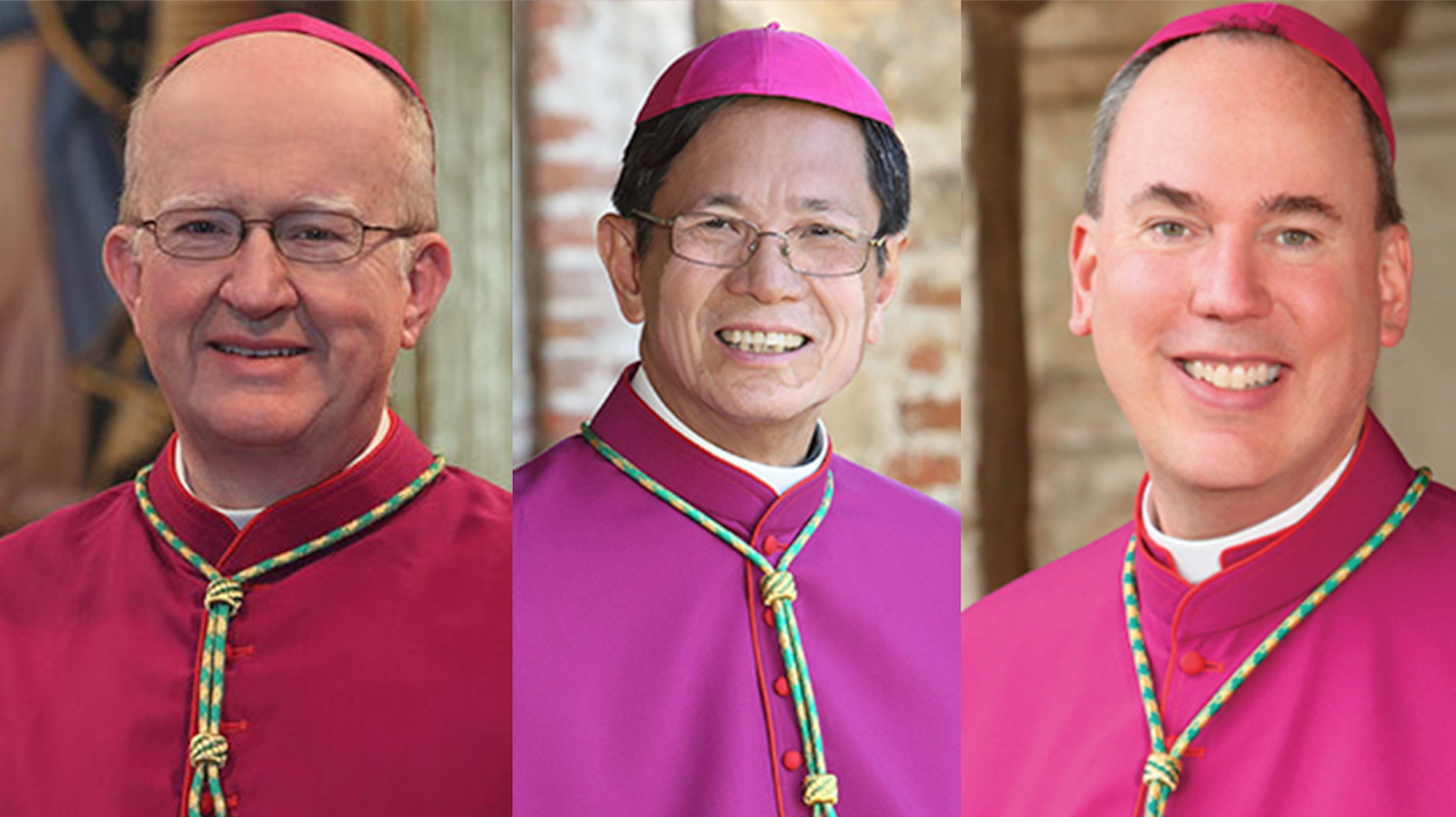President of California Catholic Conference Issues Statement on Referendum to Overturn Physician-assisted Suicide
“Dear Fellow Catholics and Friends, “On behalf of my brother Bishops in California, I express my gratitude on your admirable efforts to overturn the physician-assisted suicide law (ABx2-15) passed by the Legislature and signed by Governor Brown in the fall of 2015. Your energy and passion in gathering signatures to overturn this “travesty of compassion” demonstrates to all Californians and elected officials your firm commitment to protecting life at all its stages. “Today is the deadline for turning in petitions. We are disappointed that the required number of signatures has apparently not been reached. The requirements for a successful referendum are very high. That was clear from the start. Nevertheless, tens of thousands of Californians are demanding the right to have a public voice in one of the most dangerous public policies ever enacted in California. “Your efforts and those of many other Californians during the regular legislative session stopped the push to allow physicians to give patients a lethal dose of drugs. It was only through the manipulation of the legislative process that the bill eventually passed. The initial defeat of the law – as well as the thousands of signatures gathered in the referendum effort – demonstrate that when the dangers of physician-assisted suicide are allowed to be properly aired, the concept is soundly rejected. “Advocates for the elderly, the disabled and the disadvantaged, physicians and other health care providers as well as many others understand the long-term menace of this law. They already appreciate the sweeping societal implications and the fundamental rupture to the physician-patient relationship this new law will have. The coalition formed by these groups also deserves our thanks for opposing the law. We will continue to work with them and others to explore ways of protecting the most vulnerable Californians from the pressure created by this new policy. As exemplified by Catholic health care throughout California, we will continue to work with patients and family in understanding and easing challenges our loved ones face at the end of life. “Physician-assisted suicide is one of the many ways our society is gradually placing individual autonomy as the ultimate measure of public policies. This is a grave mistake and a trend that we as Catholics must consistently and firmly question. As Pope Francis has warned us: The many situations of inequality, poverty and injustice, are signs not only of a profound lack of fraternity, but also of the absence of a culture of solidarity. New ideologies, characterized by rampant individualism, egocentrism and materialistic consumerism, weaken social bonds, fueling that “throw away” mentality which leads to contempt for, and the abandonment of, the weakest and those considered ‘useless’. [World Day of Peace Message, January 1, 2014] “As Christians, we are morally and ethically committed to promoting solidarity at all stages of life. We will continue to question this misguided libertarian push to make personal autonomy the ultimate arbitrator. We must help each other. “To this end, the Bishops of California are committed to expanding our efforts to explain the richness and love embodied in Catholic teaching surrounding end-of-life. We will work with Catholic health care to further cultivate this tradition among the faithful in the coming years. “St. Paul counsels us to “proclaim the word; be persistent whether it is convenient or inconvenient; convince, reprimand, encourage through all patience and teaching.” (1 Timothy 4:2) We must continue to persistently and prophetically proclaim the commandment to love one another. Loving God and loving our neighbor compels us to reverence each other with supportive and mutually caring relationships. “May this Year of Mercy be the one campaign in 2016 that makes a difference for the least of our brothers and sisters.”



